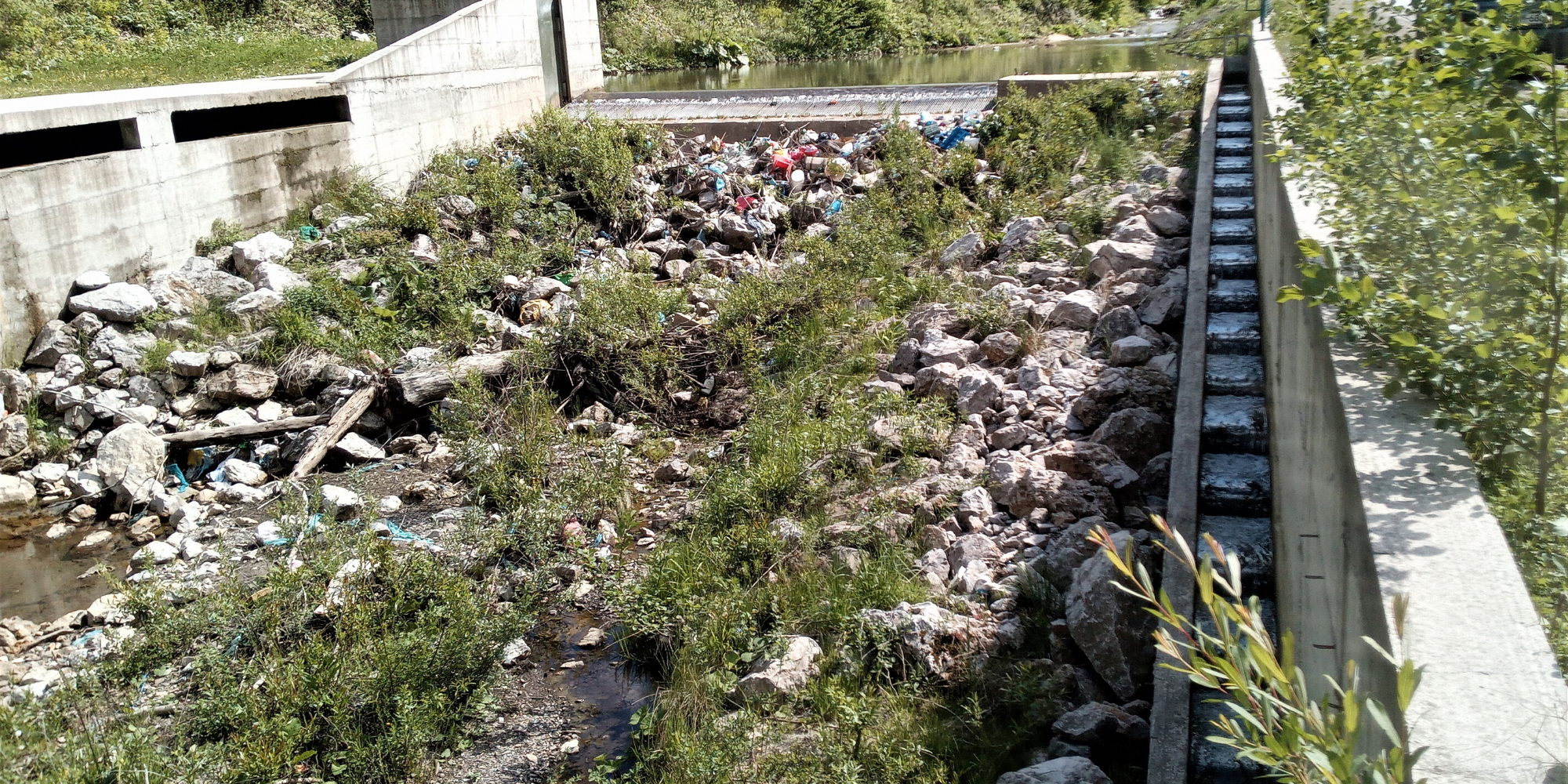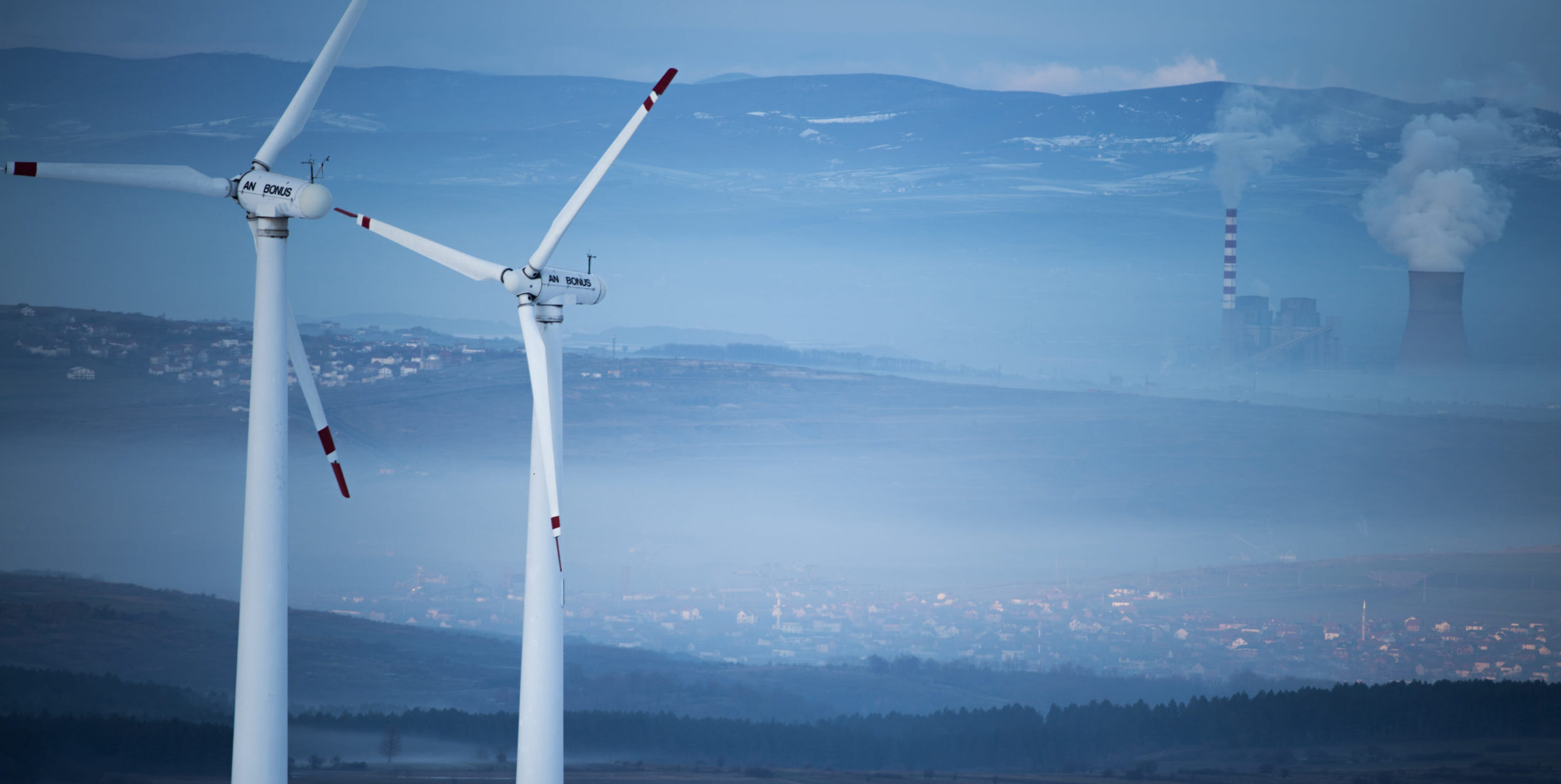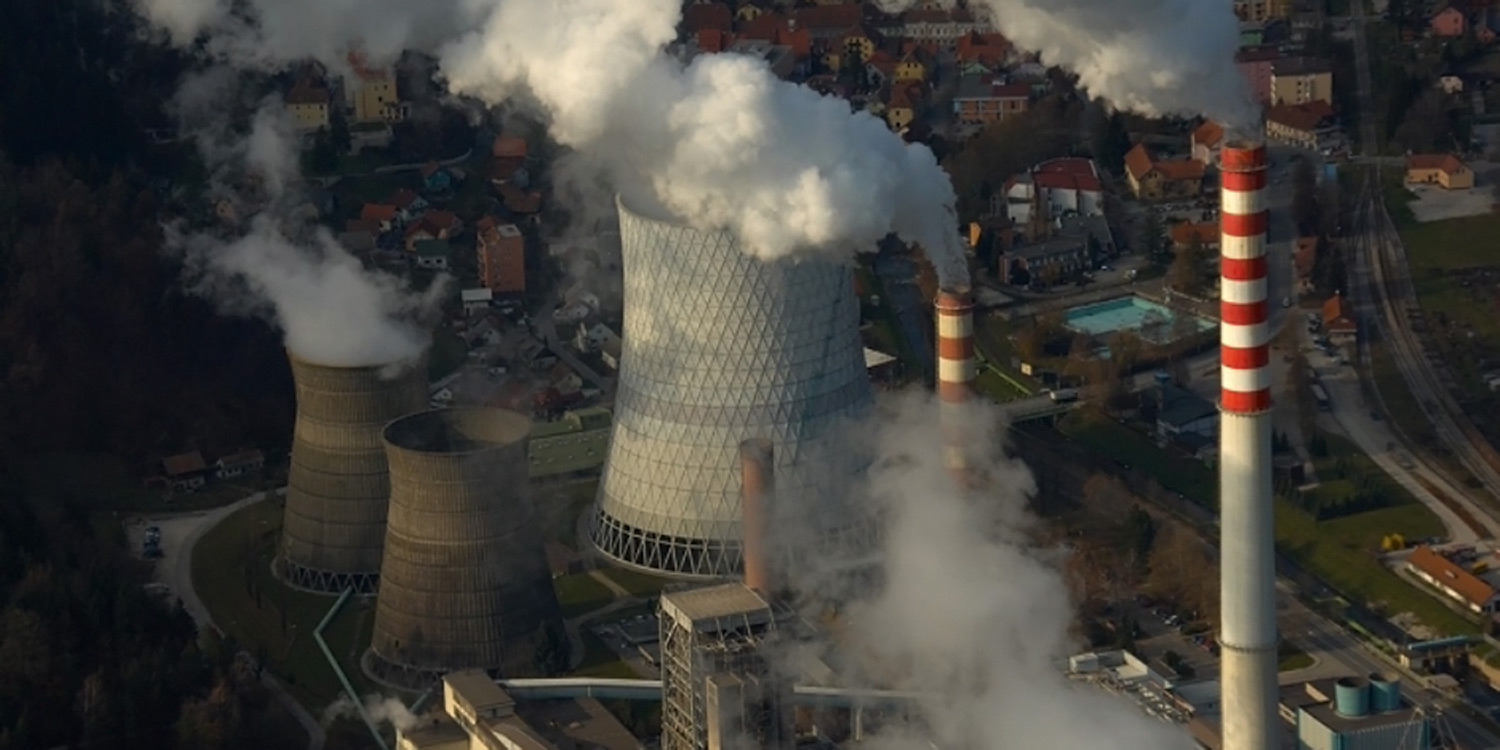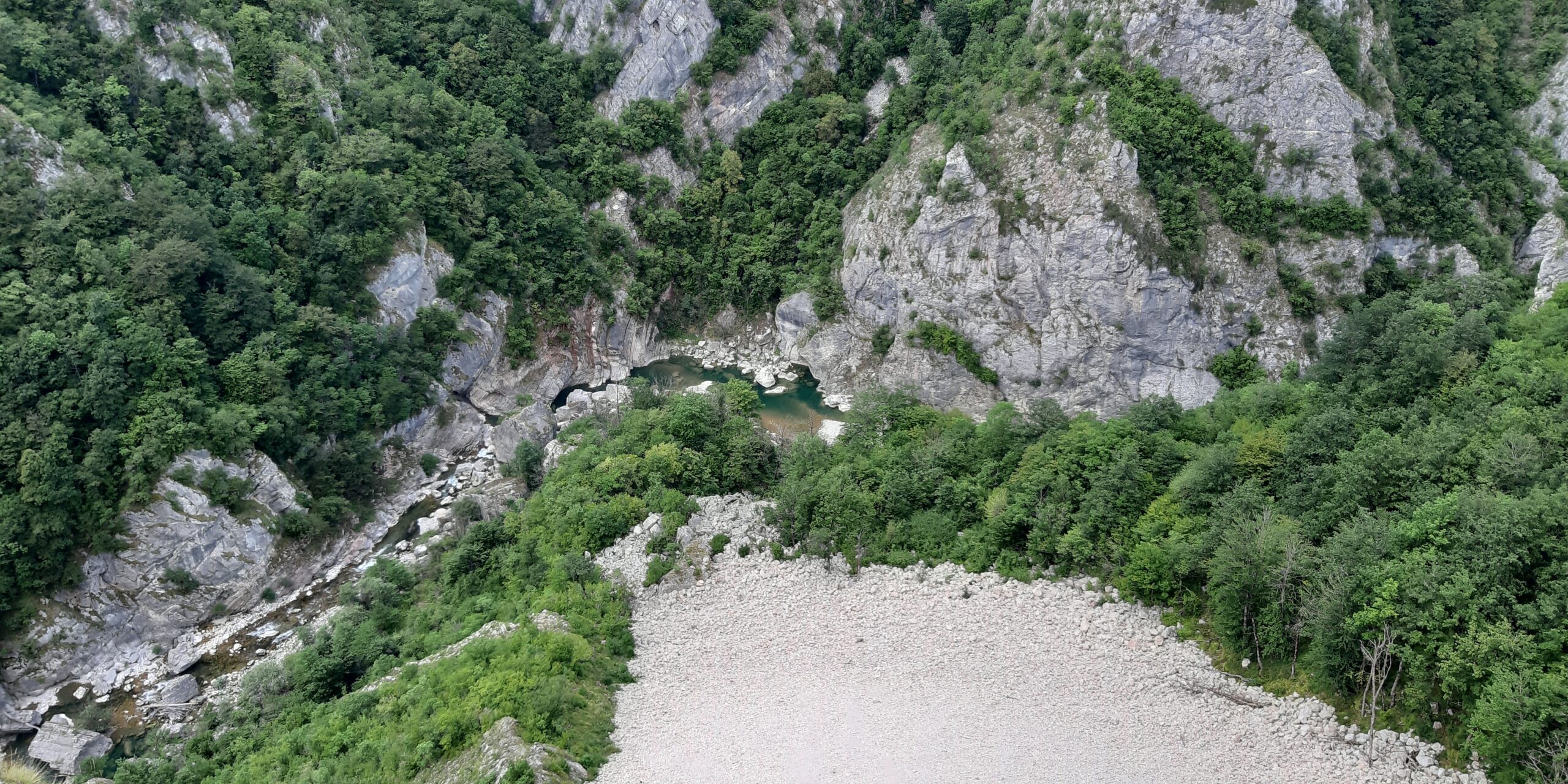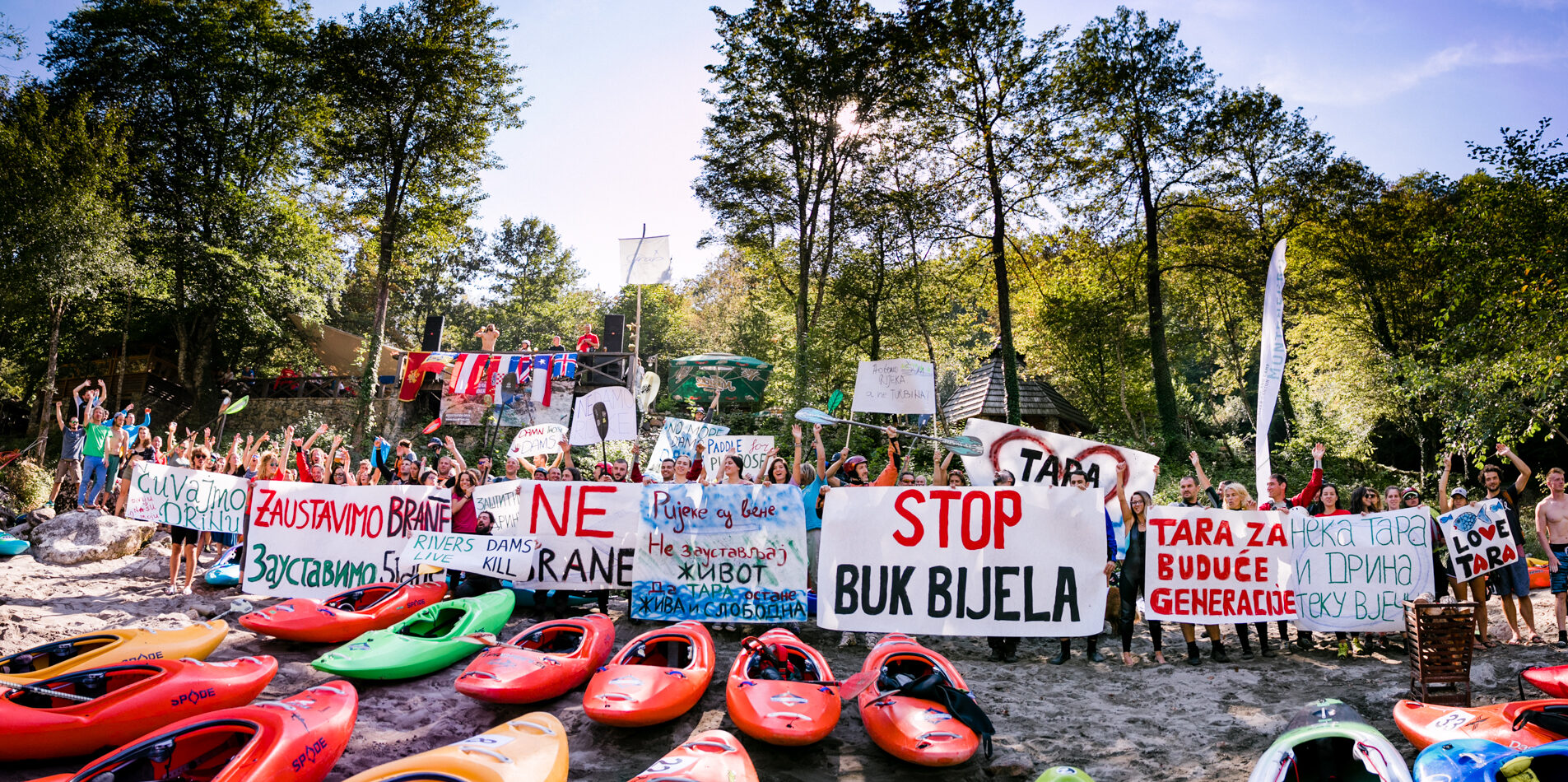
Southeast Europe Energy Policy Officer
Email: pippa.gallop AT bankwatch.orgTel.: +385 99 755 97 87
Pippa works as Bankwatch Southeast Europe energy advisor, with a specialisation in coal and hydropower in the Western Balkans. She is based in Zagreb, Croatia and speaks English, Croatian and rusty German.
More from Pippa Gallop
Prompted by widespread public resistance to small hydropower plants in the Western Balkans, the Energy Community Secretariat has recently been consulting the public on guidelines for the proper application of environmental and State aid legislation in such cases. Bankwatch’s input highlights a plethora of common deficiencies that need to be addressed.
Despite this deadly legacy, just two years ago, all the Western Balkan countries except Albania still planned to build new coal power plants. Since then, three out of five have abandoned these plans. The region has split, creating a two-speed energy transition.
The long-running saga of Slovenia’s overpriced Šoštanj 6 coal power plant took a dramatic turn last week when Slovene prosecutors filed charges including money laundering against 12 people and two companies. Meanwhile, in 2018, the Šoštanj power plant as a whole generated a net loss of EUR 58.5 million. Why are nearby Serbia and Bosnia-Herzegovina – both countries that are planning new coal plants – not learning any lessons?
The global Covid-19 pandemic has stopped neither hydropower companies nor nature defenders from pursuing their goals in Bosnia and Herzegovina. The latest flashpoint is the Neretva basin, where locals and NGOs are resisting construction with blockades and lawsuits.
Non-governmental organisations from Bosnia and Herzegovina and Montenegro on Friday submitted a complaint to the Espoo Convention on Bosnia and Herzegovina’s failure to carry out a transboundary environmental impact assessment for a series of dams planned near the Montenegrin border.
